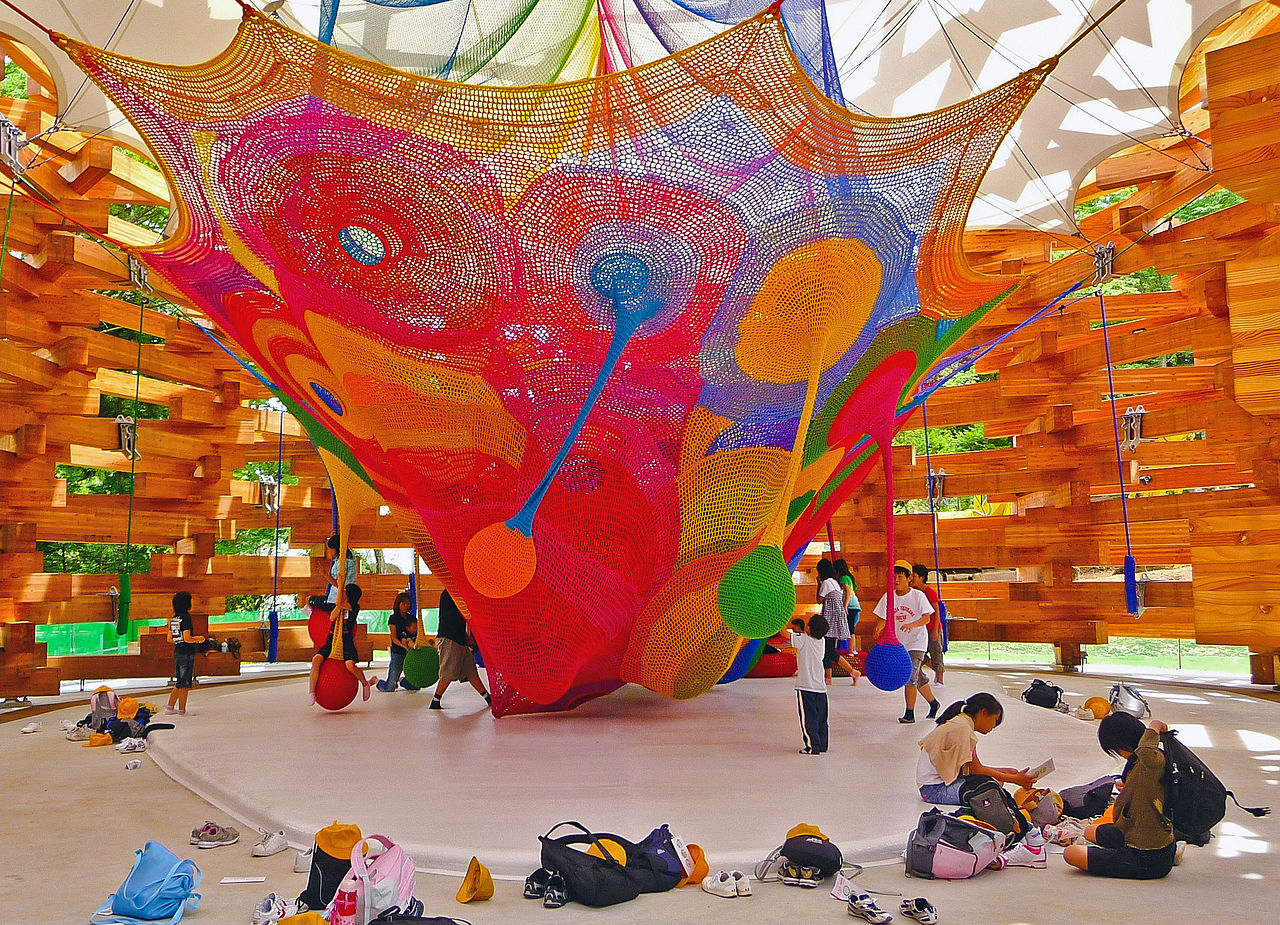When it comes to assessing toddlers for language delays, speech pathologists should explain clearly what they are doing and why. Two reasons:
(A) If you’ve never seen a toddler language assessment before, they can seem unstructured – even chaotic. (By the end of some toddler assessments, our clinic looks like an overstuffed toy box has exploded.) In fact, good toddler assessments are anything but unstructured, despite appearances!
(B) The decision to have your toddler assessed for a possible language delay is very stressful for most parents and speech pathologists should do what they can to de-mystify the process upfront.
We are committed to making sure our clients know what we’re doing and why. For our initial assessment, we write up our assessment plan on the whiteboard and seek feedback to underline the fact.
So here are six, evidence-based principles we follow at Banter Speech & Language to help parents of toddlers understand our language assessment contents and process:
1. We know parents are the experts on their child and assume they are accurate observers of their child’s communication development. Why? The evidence tells us so. This means we ask parents lots of questions about their child’s development and use their responses in interviews and parent questionnaires to supplement our observations and testing in the clinic. In addition to helping us understand the child’s development, family background, social history and any risk factors, such as family history of language problems, it also gives us an insight into the family’s concerns, priorities and perspectives.
2. We assess for both weaknesses and strengths in the toddler’s communication abilities. A child is much more than the sum of his or her impairments. We want to know what the toddler can do just as much as what he or she can’t do.
3. In addition to standardised tests like the Preschool Language Scales-5, or criterion referenced tools like the Rossetti-Infant-Toddler Language Scale, we observe the toddler playing with family members in structured and free play tasks. These observations give us invaluable information about how the toddler interacts with loved ones (albeit in an unfamiliar environment) and how the toddler is likely to function in their “real world”. Reports on such observations also help families identify priorities for therapy and, with the parent reports, act as a “reality check” on the results of standardised assessments, e.g. if the child refuses to comply with the test or simply has a bad day.
4. Where possible, we encourage families to send us video and/or audio recordings of their toddler communicating with others at home, day-care or other “natural” settings. This information often gives us a much better idea of the toddler’s true communication skills than what we see in one or two sessions in the clinic.
5. We don’t just assess sound and word production and word combinations, we assess other ways in which toddlers communicate – e.g. gazes, gestures, vocalisations – and the number and rate of messages toddlers send to others by non-verbal means. Evidence associates these behaviours with later language outcomes, which parents should be informed about.
6. In addition to our professional view, our written reports reflect, where possible, the family’s views of the toddler and the next steps for the child, the family and professionals. We encourage feedback on our reports and recommendations, and welcome additional suggestions.
Further reading: Crais, E. (2011). Testing and beyond: Strategies and Tools for Evaluating and Assessing Infants and Toddlers. (2011). Language, Speech, and Hearing Services in Schools, 42, 341-364.
Image: http://tinyurl.com/nxaqep8

Hi there, I’m David Kinnane.
Principal Speech Pathologist, Banter Speech & Language
Our talented team of certified practising speech pathologists provide unhurried, personalised and evidence-based speech pathology care to children and adults in the Inner West of Sydney and beyond, both in our clinic and via telehealth.


Leave a Reply